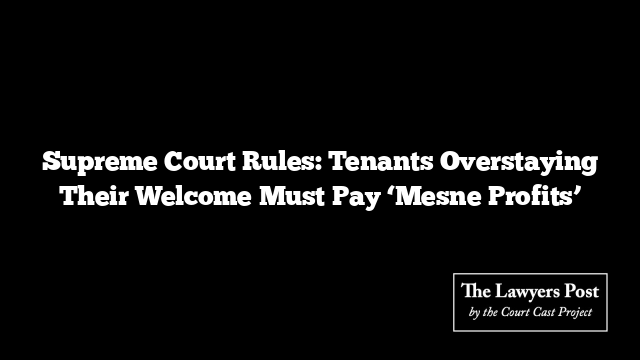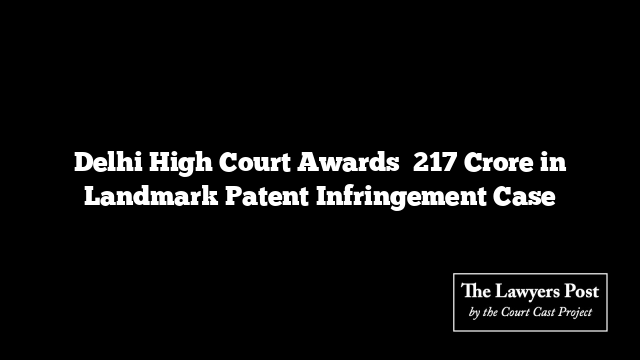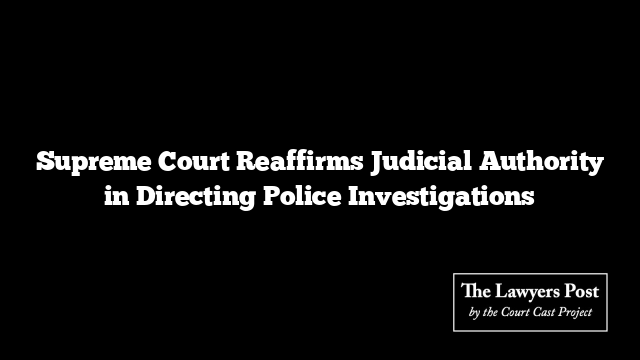The Supreme Court has declared that tenants who remain in rented properties after their tenancy rights have expired must compensate their landlords with ‘mesne profits’.
The bench, consisting of Justices JK Maheshwari and Sanjay Karol, affirmed, “A tenant who lawfully entered a property but continues to occupy it after their rights have expired must compensate the landlord for this period.”
The case presented to the Supreme Court asked whether a tenant must pay mesne profits to the landlord in the absence of an eviction order but while still occupying the property. The Court’s answer was a resounding yes. Justice Sanjay Karol, in his judgment, stated that such a tenant is considered a ‘tenant at sufferance’ and is liable to pay mesne profits for the time they unlawfully remain.
A ‘tenant at sufferance’ refers to someone who initially enters the land with legal permission but stays on after their legal right has ended.
This ruling aligns with a previous judgment in Indian Oil Corporation Ltd. v. Sudera Realty Private Limited, where the Court also determined that tenants must pay mesne profits if they continue to occupy a property after the lease has expired.
The Court clarified, “Terms like ‘determination’, ‘expiry’, ‘forfeiture’, and ‘termination’ when applied to a lease, indicate that the tenant’s rights are extinguished or significantly reduced. Therefore, in all these scenarios, mesne profits are payable.”
The Court noted that the respondent-tenant had been delaying rent payments, causing substantial financial harm to the landlord. To ensure justice, the Court ordered the tenant to deposit the owed amount.
This decision underscores the legal obligations of tenants who overstay their lease terms, ensuring landlords receive due compensation for unauthorized occupancy.





